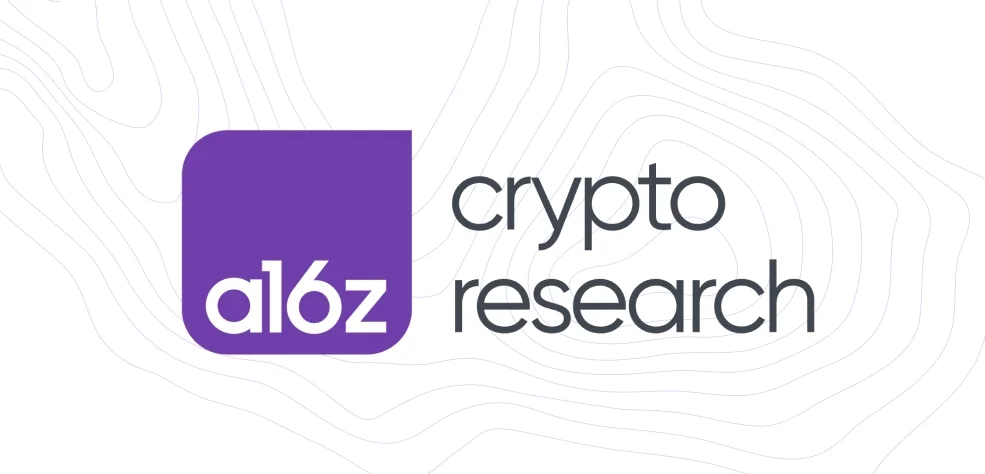Tim Roughgarden, a theoretical computer scientist, and professor at Columbia University has been named the leader of Andreessen Horowitz’s (a16z) new crypto research team.

Roughgarden’s career includes a 14-year stay at Stanford and more than three years as a professor of computer science at Columbia University in New York. Since February of last year, he has also been a research partner at a16z.
a16z is one of the most active crypto venture capital organizations, with funds worth an estimated $9 billion. Roughgarden has claimed that its financing into crypto research will rise by “many multiples of the next couple of years,” in part because of the firm’s new unit, which was revealed earlier today.
“We’re currently in a particular moment in time, witnessing a new multidisciplinary field (spurred by web3) blossom before our eyes. There are enormous opportunities to shape this field through research and education.”
Roughgarden’s skills in computer science, research, and economics, as well as his crypto and blockchain course at Columbia, were cited by the firm as one of the “best and most popular” online introductions to crypto. Roughgarden was one of the first to present a formal study of Ethereum’s EIP-1559 upgrade fee structure.
According to a16z, the research team will establish a multidisciplinary lab that will collaborate with its portfolio firms and others to solve “the important problems in the sector,” improve user acceptance and develop Web3 science and technology.
Dan Boneh, a computer science and electrical engineering professor at Stanford University, will also join Roughgarden as a senior research advisor. Boneh has been a portfolio research advisor for a16z for the past four years and also teaches applied cryptography at the Stanford Center for Blockchain Research.
“New entrepreneurial ideas for a Web3 application or protocol tend to discover fresh research issues,” according to the business, which is critical to solving in order to secure the future of blockchain and crypto.
Scaling and developing infrastructure, tokenomics that benefit all participants, and approaches to construct token economies in Web3 apps like social media and gaming are all examples of such issues.
“With the advent of Ethereum and other blockchains that are fully programmable, web3 has unlocked an extremely rich design space for innovation. It’s a space that we’ve only just begun to explore.”
